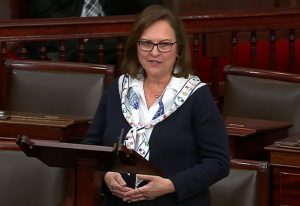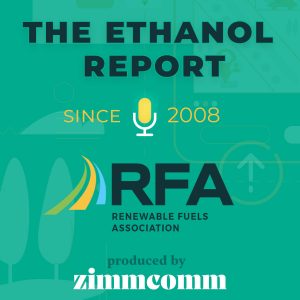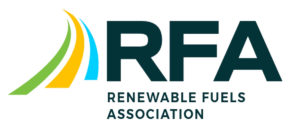 Biofuels stakeholders are celebrating some good news today with word that the Trump administration had made the decision not to request a rehearing of the recent unanimous ruling by the U.S. Court of Appeals for the Tenth Circuit that the EPA had “vastly exceeded its authority in granting exemptions from 2016 and 2017 RFS requirements to three refineries.”
Biofuels stakeholders are celebrating some good news today with word that the Trump administration had made the decision not to request a rehearing of the recent unanimous ruling by the U.S. Court of Appeals for the Tenth Circuit that the EPA had “vastly exceeded its authority in granting exemptions from 2016 and 2017 RFS requirements to three refineries.”
The challenge was brought against EPA in May 2018 by the Renewable Fuels Association, National Corn Growers Association, American Coalition for Ethanol and National Farmers Union in response to the massive demand destruction caused by the Agency’s illegal and indiscriminate use of SREs. In the wake of today’s decision not to seek a re-hearing of the Renewable Fuels Association et al. v. EPA decision, the four groups called upon the EPA to immediately apply the court decision nationwide.
“We are pleased the Trump administration has decided not to side with oil refiners in seeking a re-hearing of this unambiguous and well-reasoned court decision in the Tenth Circuit. We trust this also means the administration does not plan to petition the Supreme Court for an appeal. Abiding by the court’s ruling is the right thing to do at a time when our industries and rural America are already suffering from the effects of COVID-19, the Saudi-Russia oil price war and ongoing trade disputes. We look to the RFS as a source of demand stability and certainty, especially in these troubling times. Requesting a re-hearing would have only prolonged uncertainty in the marketplace and exacerbated the pain and frustration already being experienced in the Heartland. With this key milestone now behind us, we look forward to EPA applying the Tenth Circuit decision nationwide to all SRE petitions, beginning with the 25 pending petitions for 2019 exemptions.”
While the Trump Administration declined to participate, the two refineries involved in the case – Wynnewood Refining and HollyFrontier – are requesting a rehearing en banc.
Listen to comments from representatives of the organizations who brought the lawsuit.
ACE CEO Brian Jennings (2:05)
NCGA president Kevin Ross (1:10)
NFU Senior Advisor Anne Steckel (1:55)
RFA President and CEO Geoff Cooper (1:58)











